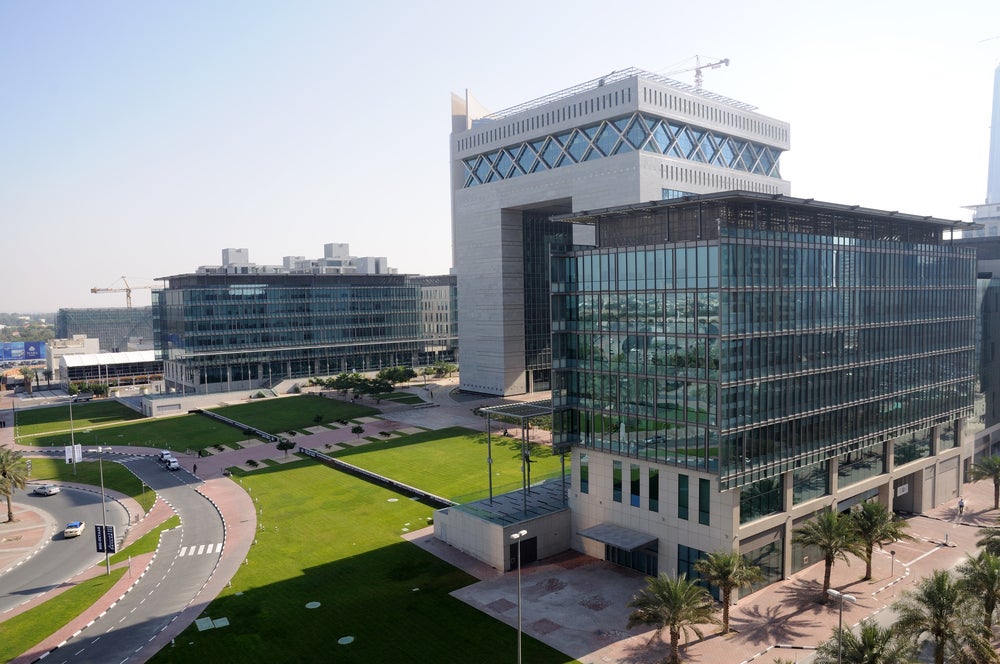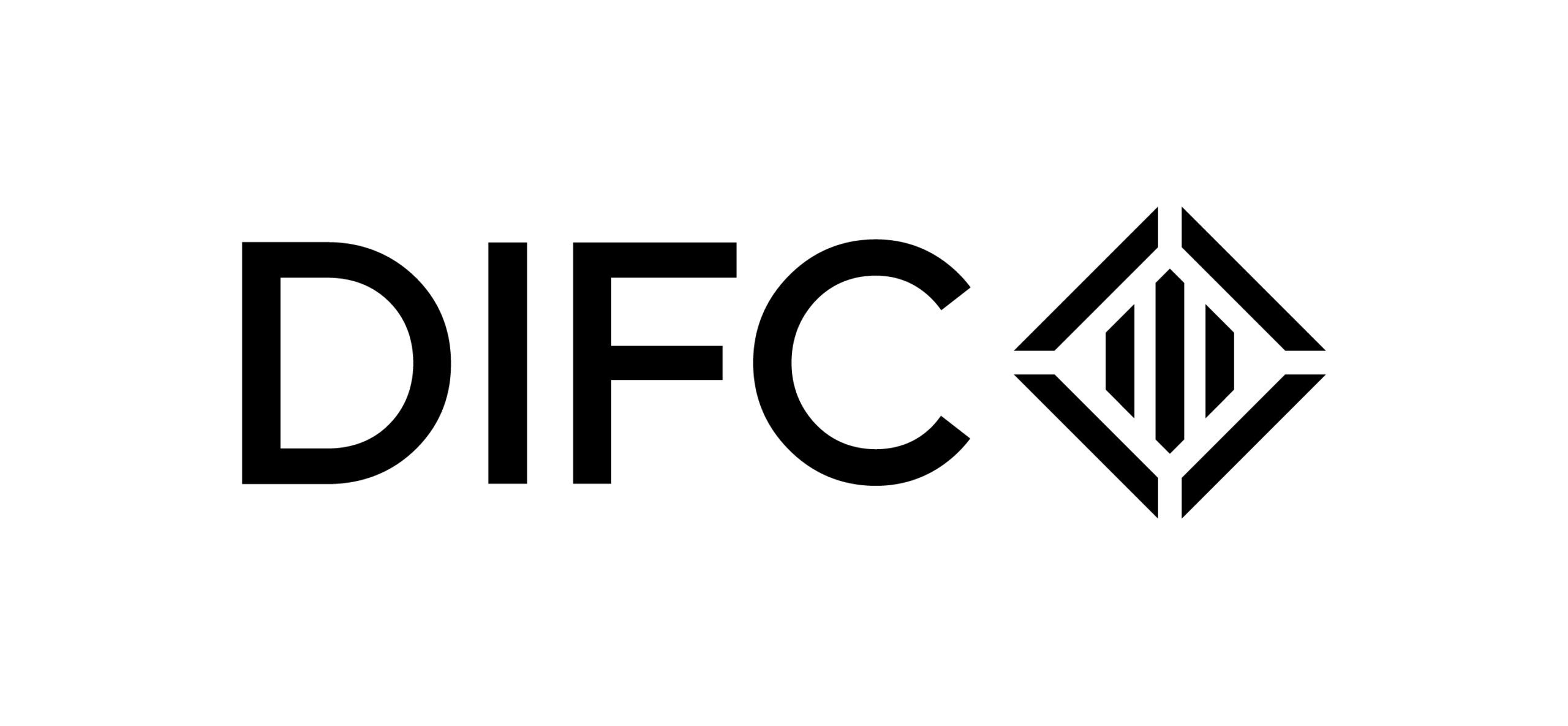
DIFC is one of the most prestigious business hubs in the world, offering a wealth of opportunities for companies to thrive in a competitive global environment. For non-financial entities, DIFC provides a simplified and efficient setup process, backed by flexible company structures, competitive costs, and a supportive legal and regulatory framework.
Establishing a company structure in DIFC involves several critical steps, each designed to ensure a smooth and efficient setup. This guide will walk you through the process to help you get started.
Choosing the Right Company Structure
The first step is to determine the most suitable company structure for your business. DIFC offers a variety of options, each tailored to different operational needs and business objectives.
A Prescribed Company is a type of special purpose vehicle (also known as SPV). It is a passive company structure ideal for businesses that focus on holding assets and liabilities without actively employing staff. With reduced licensing costs and flexible address options, it is designed for simplicity and cost-effectiveness. Additionally, a Prescribed Company can be established by a qualifying applicant or for a qualifying purpose under the DIFC Prescribed Company Regulations.
An Active Enterprise is a commercial package designed to allow firms to establish an operational office and employ staff within DIFC, with holding company, managing office and/or proprietary investments activities, while benefitting from competitive licensing fees and flexible address options.
While the Prescribed Company and Active Enterprise structures cater to specific business needs with simplified setups, there are also other fully established entities and activities in DIFC that offer distinct advantages depending on your company’s focus and objectives. A Family Office is designed for high-net-worth families seeking comprehensive wealth management solutions. Facilitating investments and asset management, accounting, fiduciary, wealth planning, succession planning, tax and legal services and planning and executing charitable/philanthropic activities, this structure ensures long-term financial sustainability.
A Foundation is a robust solution for businesses and individuals focused on wealth protection and legacy planning. Serving as an independent legal entity, it offers tax efficiency, family planning, philanthropy, and secure holding structures for businesses and investments.
A Holding Company is an optimal choice for firms looking to hold securities or equity interests in other businesses. It enables companies to exert influence over subsidiaries without actively managing their daily operations.
A Managing Office allows companies to administer and oversee their establishments, providing strategic planning, decision-making and essential group services to ensure smooth business operations. This activity is extended to allow providing services strictly to its group such as, but not limited to Treasury Services, IT Services, Administration Services, Intra group, Corporate Services and Advisory.
A Proprietary Investment is suitable for businesses investing their own capital. This entity enables firms to manage their own investment portfolio, allocating funds into various commercial activities and subsidiary companies.
Obtaining Initial Approval
After submitting your interest, the DIFC portal is also the place to go to apply for initial approval. This stage requires firms to provide detailed information about their proposed entity, including background information about the company and its shareholders, details of the proposed business activities and funding sources.
The entire registration process is automated, with most applications reviewed within three business days. If any clarifications or additional documentation are required, DIFC will guide you through the necessary revisions to keep your application on track.
Completing the Registration Process
A critical component of setting up your business in DIFC is securing a registered address. Depending on your business needs, you can lease a space within DIFC, including flexi desk, share an address with an affiliate (provided you have a No-Objection Certificate), or use the services of a corporate service provider, depending on the type of structure you have selected.
The final step in setting up your corporate structure is completing registration. Once documents are finalised and the constitutional document is signed, you can apply for an establishment card if your business requires hiring employees. DIFC will then issue your certificate of incorporation and licence to begin operations.
Why Choose DIFC?
Setting up a corporate structure in DIFC comes with a host of benefits that make it a preferred destination for businesses worldwide. DIFC operates under common law jurisdiction with independent courts (DIFC Courts) providing a high degree of legal certainty. Companies enjoy 100% foreign ownership, no restriction of profit of capital repatriation, zero restrictions on currency repatriation and a tax-friendly environment that enhances global competitiveness. With DIFC also enabling entities’ domiciles to be transferred to the Centre, they can rapidly take advantage.
Moreover, DIFC’s flexible approach to business operations, combined with its state-of-the-art infrastructure and robust regulatory framework, ensures that businesses of all sizes can thrive. Whether you are managing investments, operating a holding company or running an active enterprise, DIFC provides the tools and support you need for success.
By following these steps and leveraging DIFC’s unique advantages, you can establish a solid foundation for your business in one of the world’s leading financial hubs. Download the whitepaper on this page to learn more.



